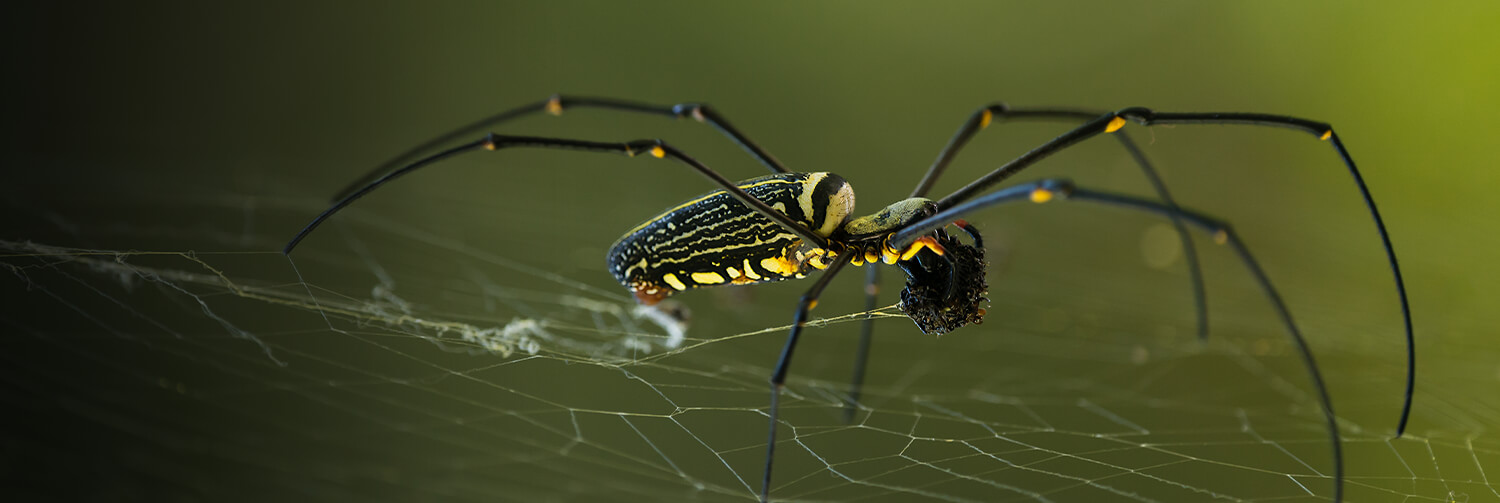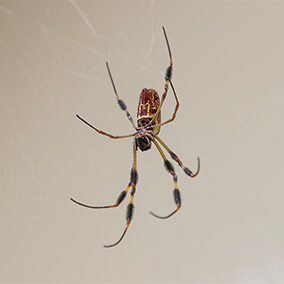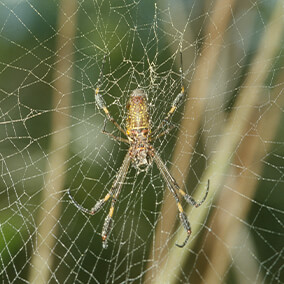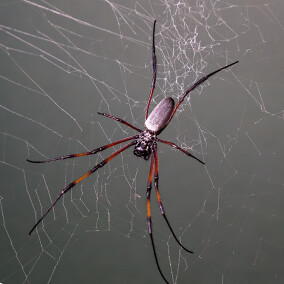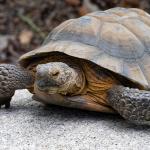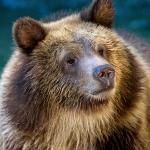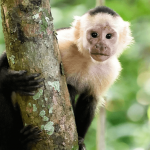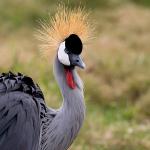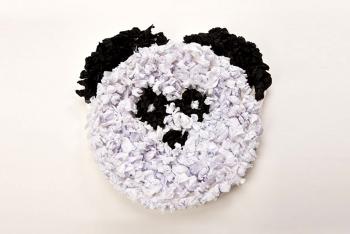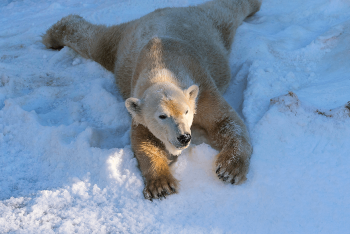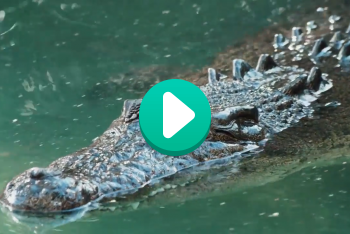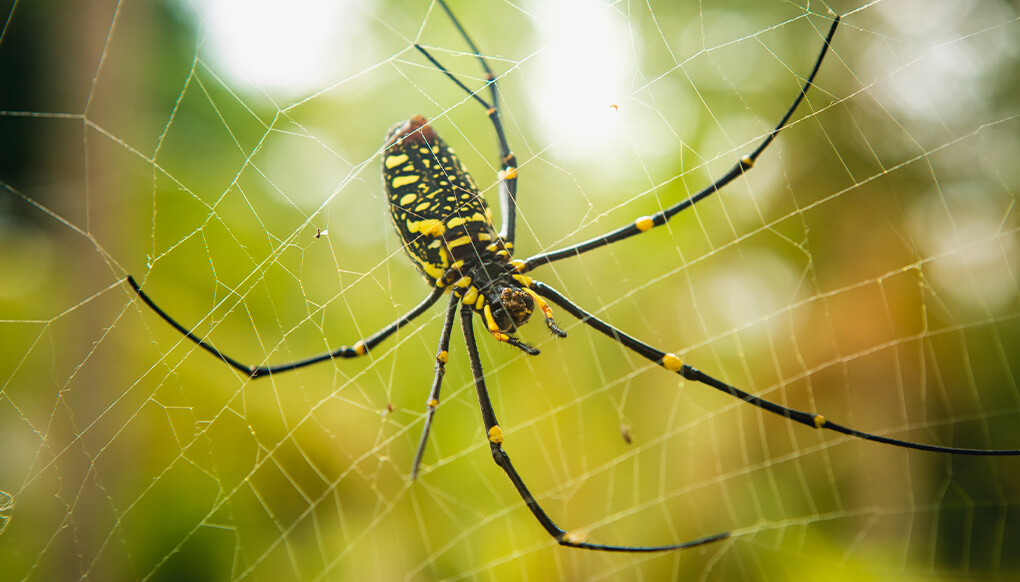
golden orb weaver
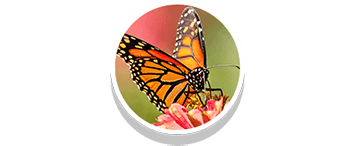
Arthropods


Stable
facts
Female golden orb weavers are 2 to 6 inches in length; males are smaller: 0.5 to 2 inches long.
Orb weavers eat whatever gets caught in their web. That can include mosquitoes, bees, wasps, flies, small moths and butterflies, and even grasshoppers.

Golden orb weavers live in all kinds of forests in North, South, and Central America, as well as on Caribbean islands. Some live in urban areas, too. They like warm, humid places.
description
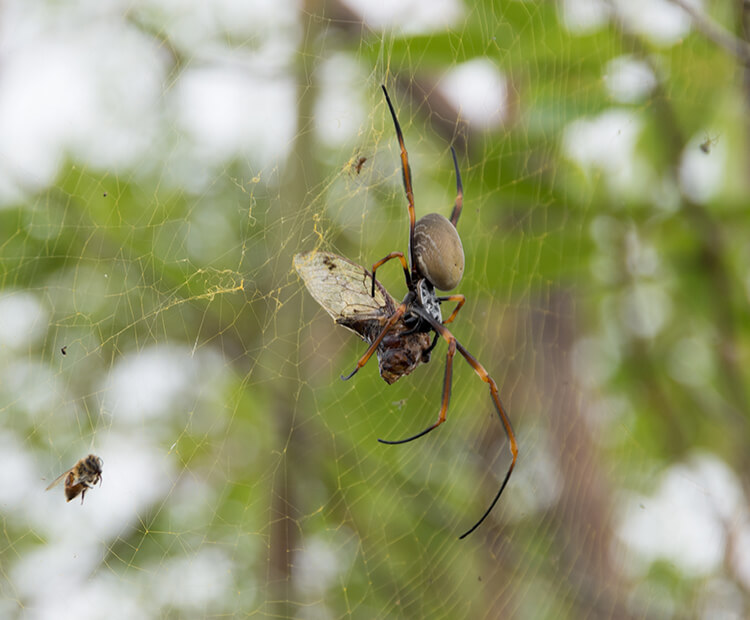
Caught you!
What happens after an insect gets tangled in a golden orb weaver’s web? First, the spider injects it with venom and paralyzes it. Then, it quickly wraps the insect in silk and carries it to the center of the web. At mealtime, a spider slurps up the insect’s liquified insides. Spiders are important to the health of the ecosystem. They keep insects numbers in check. Spiders are also food for predator like birds and lizards.
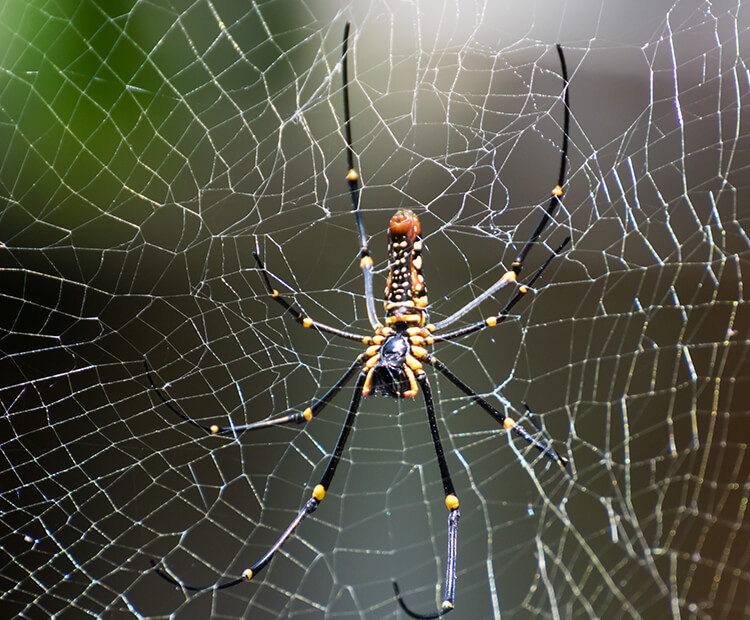
Wonderful webs
Imagine a spider web that’s five feet across! Golden orb weavers make huge, circular webs. They make seven different kinds of silk. Some silk strands keep a web stable, and some cement it together or to a tree. Some silk strands are flexible, and some are sticky. This species makes the strongest silk of any of the spiders. Unlike many other orb weavers, this one doesn’t take its web down each day. It just repairs damage.
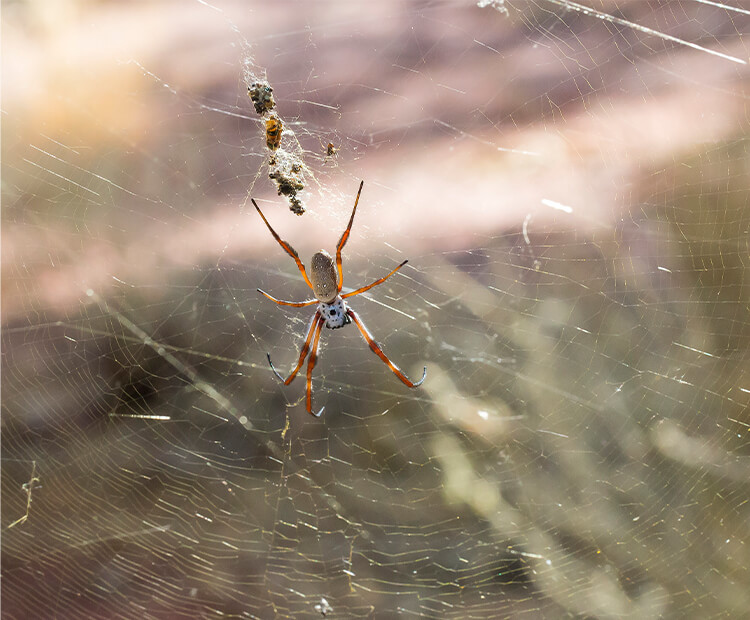
Male dependents
When male golden orb weavers become adults, they no longer make their own webs. They find a female to live with and live on the edges of her web. They eat some of the food she catches, too. A male guards “his” female so that other males can’t mate with her. Much smaller than females, males can be hard to see.
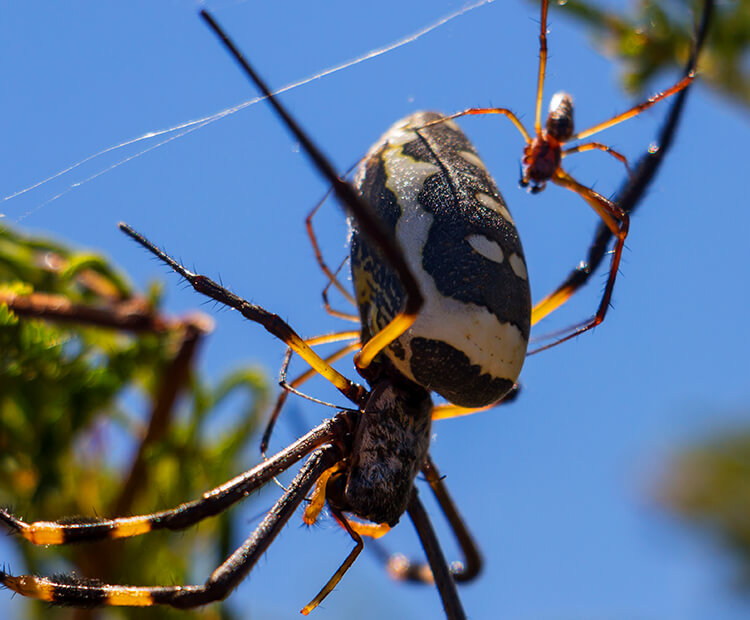
Spider eggs
A female golden orb weaver spins a one-inch egg sac on a tree and fills it with hundreds of eggs. The silk she uses for her egg sac is strong, yellow, and curly. Baby spiders are called spiderlings. When they hatch, they hang around together for a week or so. Then, they start life on their own.

